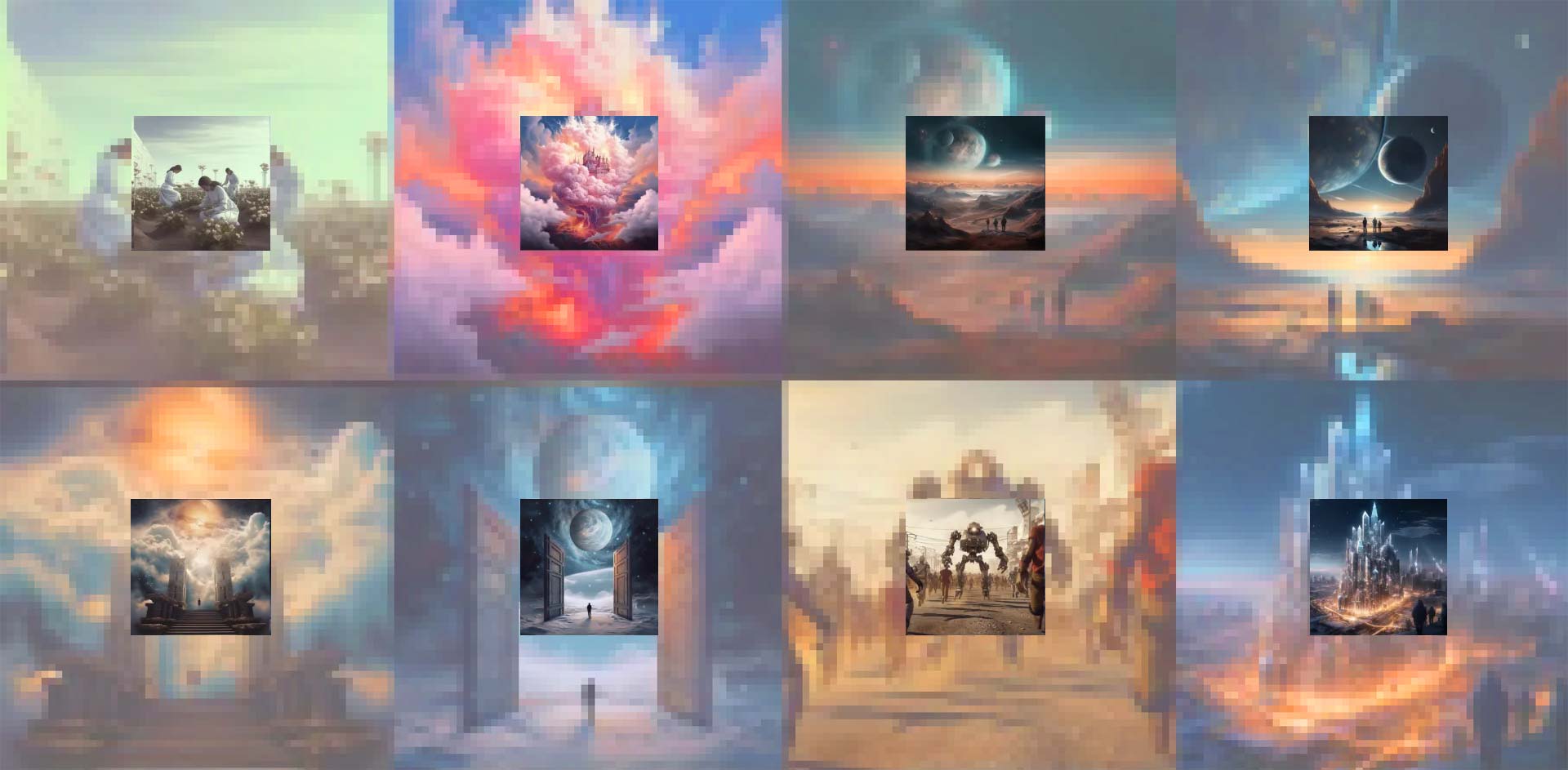Lately, AI is the talk of the town with that two-letter acronym being a normal part of everyday speech. ChatGPT has also become quite familiar, especially in the sense of its writing, automatic writing, of letters, or most dramatically, student university essays. In the case of university or high school academic papers, we know instantly that wouldn’t be right or a good idea in general. So far other AI accomplishments are not so easily categorized, but the whole field is such a huge global race that we had better start thinking about it.
Actually, that is the point. Thinking. Will it be “correct”, or “right” or “appropriate” for AI to be thinking for us. Personally, I have friends who go nuts when I ask Google or Siri to set an alarm for cooking my vegetables, or for the time to pick up my grandson from school. They think it is too “techy”, or somehow damaging my brain to be asking for simple things like that. I suppose an alarm clock was one of the earliest forms of AI development, but I haven’t seen too much brain damage from that over the last 70 years so at this point I am quite satisfied that our two modern oracles for such requests are not particularly dangerous or detrimental to my thinking.
Digital Marketing, Video & Website Services

So what is dangerous about AI? From the artist’s point of view, there would likely be the same acrimony to creations as there was to the automatic writing of essays and the like. Even though the automatic creation of a print, or painting, or sculpture might save oodles of time and material, and look great to the eye, there would always be a great suspicion about the authenticity of such a thing. Would it have any artistic and cultural significance if it was created by an AI system with far greater brain capacity and response than a human brain? How would we know if AI is leading us astray in our perceptions, or creating a cruel joke, or even lying about the facts or images presented?
https://www.theverge.com/2022/9/1/23332684/ai-generated-artwork-wins-state-fair-competition-colorado

Furthermor if we asked AI to do such things would the work created effect great depressions amongst the artistic community who might see themselves as less capable, or even useless after spending huge amounts of their lifetime thinking about the intricacies of their personal works?

At this stage it is hard to say what the answers to these questions are going to be, but yes, we had better start thinking about it, or AI might have plans to do it for us.
Peter Marsh CSPWC OSA SCA TWS




